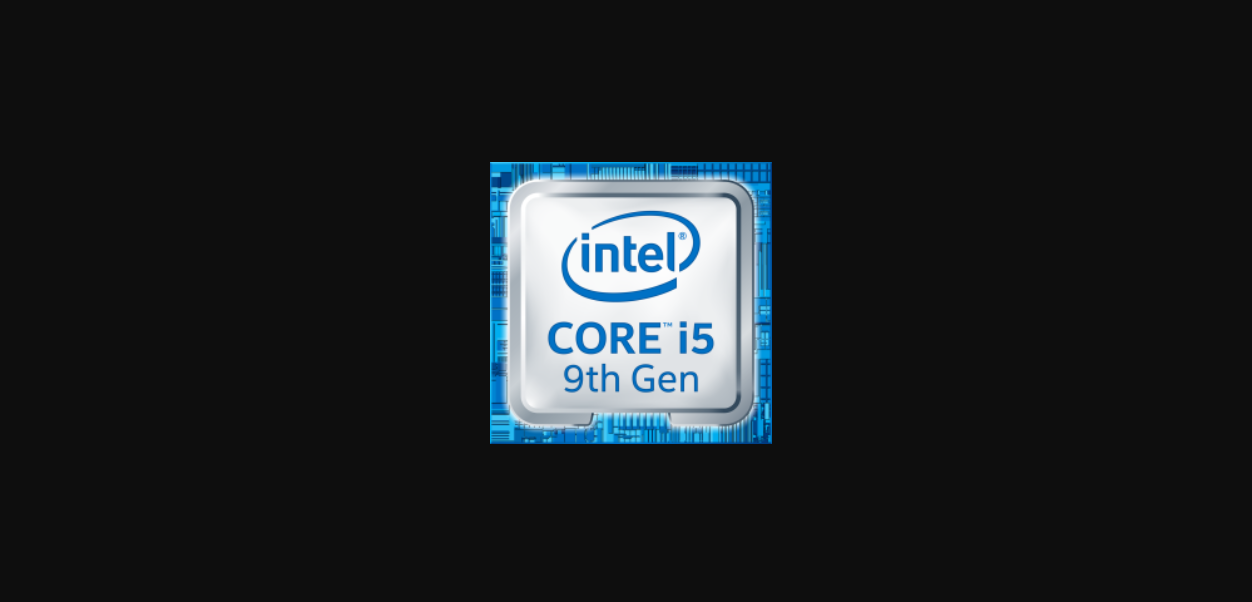This is an old comparison article for Intel Core i9, i7, i5 and i3 processors. We’ve re-created a more detailed and updated version of the article here.
Picking a processor is becoming increasingly difficult nowadays. There are many options in the market, and looking at all those numbers can be gruesome at times.
In this article, we bring you a quad-fold comparison between the latest Intel processors — i3, i5, i7 and i9 — to help you understand which one to pick.
Intel Core i3
Starting at the bottom of the bunch, we have the Core i3, introduced as a budget option for PC/laptop users. Presently in its 8th generation, the i3 still fares out well.

If you want a computer to handle basic tasks like web browsing, watching movies and everyday office work, the i3 can be a perfect choice. It will even let you do a little bit of light gaming too.
The plus point here is that the i3 is hugely battery efficient. This works to the advantages of students and office goers alike who want longer battery lives. Yes, it’s a bit low on power, but perfect if you want your computer to handle the basics.
Also read: What does the ‘Defragment and Optimize drive’ app on Windows do?
Intel Core i5
i5 is the middle child of the Intel line of processors. The core i5 is targetted towards users who would shell out a bit more cash for extra performance. It still lies in the budget processor segment but is quite powerful too.

The core i5 is available in two versions, as the processor has to serve two different groups of people. If you prefer battery life over performance, go for the U series. If you can sacrifice battery life for performance, go for the H series.
In most cases, the i5 is a safe bet. It’ll make a world of difference in speed when you’re gaming on your PC or working with Photoshop or Premiere Pro.
Overall, the i5 is a kickass mid-budget processor that delivers good value for money and performance. Highly recommended if you regularly game and multitask on your PC.
Also read: 5 best gaming laptops under 100k
Intel Core i7
Core i7 is the top of the line consumer-grade processor by Intel. The processor can be quite expensive and is targeted towards professionals who want the most out of their computers.

These processors are known for their high benchmark scores and fast render times. Keep in mind, though, this eats power like a behemoth. Not very good for battery life in laptops.
The Intel Core i7 is a beast.
These processors also have overclocking features, which allows power users to push the processor even further. Overclocking also increases the heat output from the processor, which translates to better onboard cooling solutions.
The Core i7 is intended for professional artists, designers, photo/video editing, content creators and competitive gamers. This beast can crush anything you throw at it.
Also read: Intel releases a new entry-level 48-core server chipset.
Intel Core i9
The i9 is a bit different from the other processors on this list. The core i9 isn’t the fastest processor out there, but it certainly is one of the most expensive ones. Why is that?

Because the Core i9 series is mind-blowingly efficient at a specific set of tasks, it’s the most potent processor released by Intel so far. It’s targeted towards server-side implementations, scientific calculations/research and high-end 3D animation.
Gaming, streaming, rendering, content creation, development, there is not a single thing this bad boy can’t handle.
Should you buy the Core i9?
If you want the biggest, baddest and the most powerful computer, sure. Keep in mind that the processor itself will be the price of a cheap used car.
Also, the core i9 uses a different type of socket compared to other processors, which means an exclusive (and expensive) motherboard. I’ll let you pick the rest of the parts.
Spec comparison
Check out this spec list for all the numbers you’ll need.
| Processor | Generation | Base frequency | Cores/Threads | Cache | Integrated Graphics |
|---|---|---|---|---|---|
| Core i3 8350K | 8th Gen | 4.0 GHz | 4/4 | 4MB | UHD 630 |
| Core i5 9600K | 9th Gen | 3.7 GHz | 6/6 | 9MB | UHD 630 |
| Core i7 9700K | 9th Gen | 3.6 GHz | 8/16 | 12MB | UHD 630 |
| Core i9 9900K | N/A | 3.6 GHz | 8/16 | 16MB | UHD 630 |
Also read: What is Dedicated GPU? How is it different from Integrated GPU?






